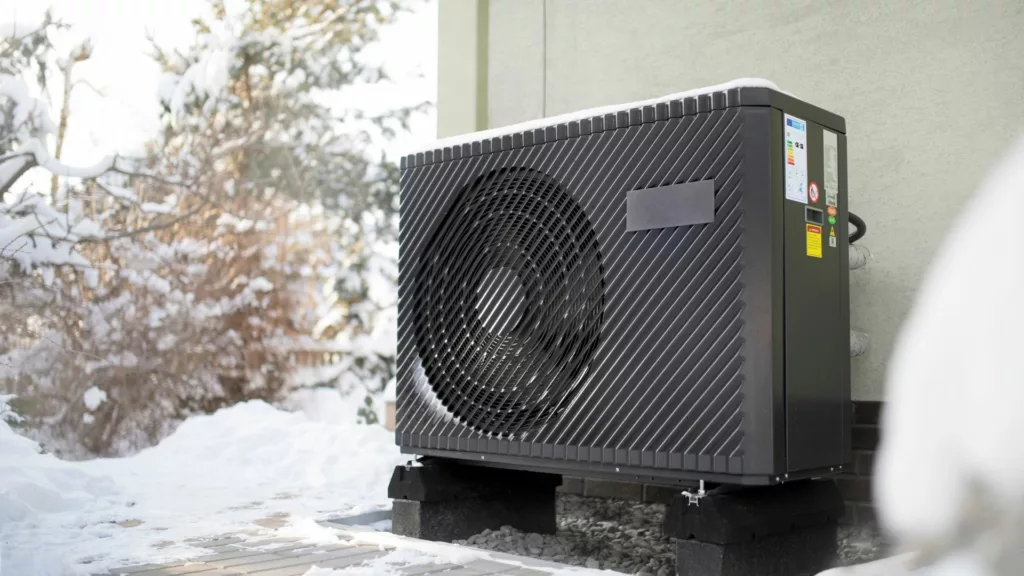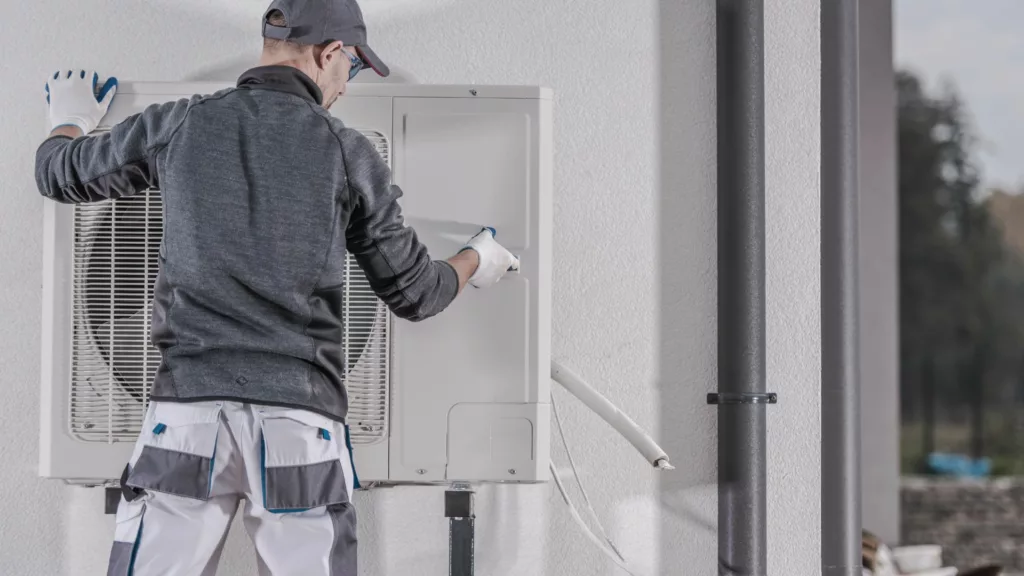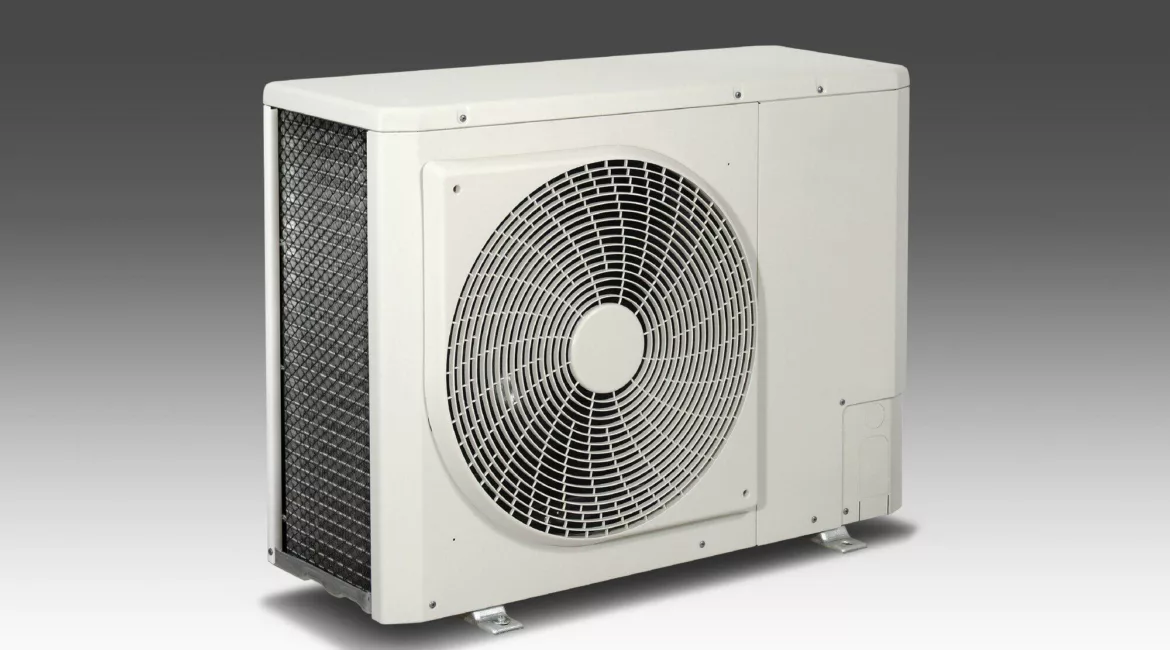At the turn of the 20s, more than 17 million homes had installed heat pumps. Heat pumps have become popular due to their ability to provide both cooling and heating, making them great during any time of the year.
But how long does a heat pump last? Will you be replacing your heat pump within only a few years?
If you’re curious about heat pump lifespan, we’re here to offer our guidance. Read on for a quick guide on when you’ll need a new heat pump, and how to increase your appliance’s lifespan.
Important Factors

There’s no one-set rule on how long a heat pump will last. Different types of heat pumps, average maintenance, and other factors will impact its lifespan. Here are the main factors in your heat pump lifespan.
Unit’s Manufacturing Date
Above most factors, the age of a heat pump will impact the lifespan. Even one that’s perfectly maintained will still eventually fail after a decade or two.
However, when it is manufactured will have other impacts. Heat pumps have advanced over the last decade due to their rising popularity.
Older models of heat pumps are not as well-made as newer models. More modern models will often last several years longer.
That isn’t to say that a new model will always last longer. You may get more mileage out of an older model that’s cared for properly over a new model that’s disregarded.
Amount of Usage
Another important factor is how much the heat pump is being used. Think of this factor similarly to a car’s mileage.
If you have two vehicles of the same make and model, but one is driven four times more often, that vehicle will give out sooner. Use of any appliance will slowly wear it down and cause wear and tear. Your heat pump is no different.
You can extend your heat pump’s lifespan by not using it at all hours of the day. Don’t hesitate to turn your heat pump off on days when it isn’t too cold or too hot. That way, it isn’t constantly running just to change the temperature a degree or two.
That said, you shouldn’t refuse to use your heat pump to increase its life. It’s there to control the temperature for you, so don’t stubbornly refuse to turn on the heat when it’s snowing outside.
Location of the Heat Pump
Another factor is the location of the heat pump. We don’t necessarily mean where on your property you’ve put the heat pump. Rather, we mean the climate that your heat pump is in.
Nearly every appliance will have a change in its lifespan depending on the environment it’s in. For HVAC systems, this is even more the case-particularly for items that are left outside like traditional AC units.
If you live somewhere where it’s constantly at an extreme temperature, this can impact more wear and tear. For example, places where the temperature is regularly dropping into the freezing range will force your heat pump to work overtime.
Temperature isn’t the only impact. Another factor is what the air quality is like and what sort of particulate matter your heat pump may interact with.
Coastal areas are notable for this factor as well. Heat pumps near the ocean will interact with salty sea air, which can damage the components.
Heat pumps are best in areas where the temperatures aren’t extreme. Inland areas that are away from salt air are also preferable. Therefore, the best location for your heat pump is somewhere inland with temperatures that won’t frequently drop below freezing.
Maintenance and Installation
Finally, the quality of the installation of the unit is critical. Improper installation can lead to problems that damage the heat pump, shortening its lifespan.
It’s important to have a professional technician install your heat pump. That way, you can rest assured that the heat pump was installed correctly in a way that will keep its lifespan long.
As important as installation is the maintenance of the heat pump. Like any appliance, your heat pump should have frequent routine maintenance performed to keep it running well.
Most professionals recommend at least one annual maintenance. If you use your heat pump year-round or live somewhere with salty air, more than one maintenance a year is sometimes necessary.
How Often to Replace Your Heat Pump

Now that we know more about heat pumps and what impacts their lifespan, how often should you replace your heat pump?
Replacing your heat pump is best done on a case-by-case basis. When you have professionals come to inspect your heat pump, talk to them about when the appliance will need replacing.
These appliances will rarely hit the end of their lifespan without some sort of sign, unless there was a dramatic failure. As such, proper maintenance will help you predict when your unit needs replacing. Most last longer than a decade, but you should anticipate necessary replacement around this time.
Emergency Replacements
In some cases, your heat pump may fail. A failure will often lead to immediate replacement or repairs.
The older a heat pump is, the more likely that such a catastrophic event will happen. Keep tabs on your unit and make sure you practice frequent maintenance to avoid such a situation.
A great way to lessen the impact of such events is with a trustworthy warranty. Our partners at Generac are happy to offer an excellent ten-year warranty for free to anyone purchasing before October 8th.
How Long Does a Heat Pump Last?
How long does a heat pump last? It depends heavily on when it was manufactured, how well it was installed and maintained, and where in the world the heat pump is operating. Expect a decade or more out of the average heat pump.
At Tapps Electric, we’re a family-owned company happy to provide the best quality and service to you. We’re passionate about employing highly skilled and trained Union Electricians to help our community to the utmost of our abilities. Contact us today to discuss a free estimate.
How Long Does a Heat Pump Last (FAQs)
How Long Does a Heat Pump Last?
- The typical lifespan of a heat pump varies depending on factors such as usage, maintenance, and environmental conditions. On average, a well-maintained heat pump can last between 10 to 15 years. However, with proper care and regular maintenance, some heat pumps can exceed this lifespan.
What factors can affect the longevity of a heat pump?
- Several factors can impact the longevity of a heat pump, including the quality of installation, regular maintenance, usage patterns, environmental factors such as climate and air quality, and the brand and model of the heat pump. Proper installation by a qualified technician, regular maintenance, and usage within recommended parameters can help extend the lifespan of a heat pump.
How can I maximize the lifespan of my heat pump?
- To maximize the lifespan of your heat pump, it’s essential to schedule regular maintenance with a qualified HVAC technician. This includes annual inspections, cleaning of coils and filters, lubrication of moving parts, checking refrigerant levels, and ensuring proper airflow. Additionally, avoid overworking the heat pump by setting appropriate temperature settings and minimizing unnecessary usage.
What are signs that my heat pump may need to be replaced?
- Some signs that your heat pump may need to be replaced include reduced heating or cooling efficiency, increased energy bills, frequent breakdowns or repairs, unusual noises or odors coming from the unit, and age-related wear and tear. If your heat pump is nearing the end of its expected lifespan and experiencing these issues, it may be more cost-effective to replace it with a newer, more efficient model.
When should I consider replacing my heat pump?
- If your heat pump is nearing the end of its expected lifespan, experiencing frequent breakdowns or repairs, or no longer providing adequate heating or cooling, it may be time to consider replacing it. Additionally, if your heat pump is outdated and lacks energy-efficient features, upgrading to a newer model can help lower your energy bills and improve comfort and reliability.

Get Your Free Estimate
"*" indicates required fields


